Metamaterials can reverse light’s path in time within nanoseconds, defying conventional physics.
Category: physics – Page 76
A Team Of Physicists Says There May Be Another Universe Running Backward In Time Prior To The Big Bang
What lies beyond the beginning of time? Physicists are exploring groundbreaking ideas that could reveal a hidden universe behind the Big Bang.
This mind-bending theory challenges everything we know about existence and the mysteries of our cosmic origins.
Imagine rewinding the story of our universe —back through billions of years of expansion, past the formation of galaxies, stars, and planets, to the very beginning. What if, instead of a single moment of creation, there was a cosmic reflection—a mirror image of everything we know, moving backward in time?
This is the tantalizing idea proposed by a group of physicists, suggesting that before the Big Bang, another universe may have existed, running in reverse. In this mirrored cosmos, time flows backward, and the very nature of existence challenges the boundaries of our understanding. Could this alternate reality hold the answers to some of the greatest mysteries in science, like the elusive nature of dark matter or the imbalance between matter and antimatter?
As groundbreaking as it sounds, this theory doesn’t just shake up the foundations of modern physics—it opens the door to deeper philosophical questions. What if the universe isn’t a singular event but part of a grander, cyclical dance? What if time, as we perceive it, is merely one piece of a much larger puzzle?
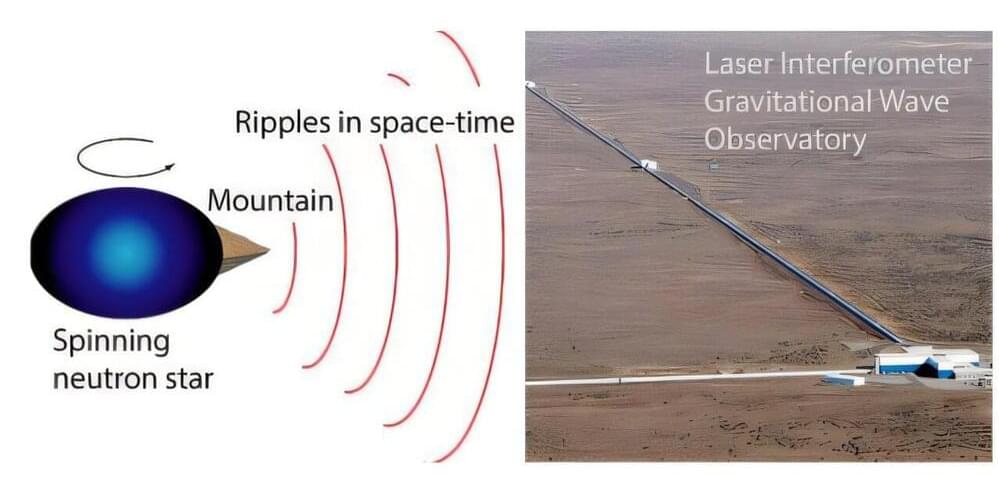
Neutron star ‘mountains’ would cause ripples in space-time
Collapsed dead stars, known as neutron stars, are a trillion times denser than lead, and their surface features are largely unknown. Nuclear theorists have explored mountain building mechanisms active on the moons and planets in our solar system. Some of these mechanisms suggest that neutron stars are likely to have mountains.
Neutron star “mountains” would be much more massive than any on Earth—so massive that gravity just from these mountains could produce small oscillations, or ripples, in the fabric of space and time.
Mountains, or non-axisymmetric deformations of rotating neutron stars, efficiently radiate gravitational waves. In a study published in the journal Physical Review D, nuclear theorists at Indiana University consider analogies between neutron star mountains and surface features of solar system bodies.
LIGO Fails to Find Continuous Gravitational Waves From Pulsars
In February 2016, scientists working for the Laser Interferometer Gravitational-Wave Observatory (LIGO) made history by announcing the first-ever detection of gravitational waves (GW). These waves, predicted by Einstein’s Theory of General Relativity, are created when massive objects collide (neutron stars or black holes), causing ripples in spacetime that can be detected millions or billions of light years away. Since their discovery, astrophysicists have been finding applications for GW astronomy, which include probing the interiors of neutron stars.
For instance, scientists believe that probing the continuous gravitational wave (CW) emissions from neutron stars will reveal data on their internal structure and equation of state and can provide tests of General Relativity. In a recent study, members of the LIGO-Virgo-KAGRA (LVK) Collaboration conducted a search for CWs from 45 known pulsars. While their results showed no signs of CWs emanating from their sample of pulsars, their work does establish upper and lower limits on the signal amplitude, potentially aiding future searches.
The LVK Collaboration is an international consortium of scientists from hundreds of universities and institutes worldwide. This collaboration combines data from the Laser Interferometer Gravitational-Wave Observatory’s (LIGO) twin observatories, the Virgo Observatory, and the Kamioka Gravitational Wave Detector (KAGRA). The preprint of the paper, “Search for continuous gravitational waves from known pulsars in the first part of the fourth LIGO-Virgo-KAGRA observing run,” recently appeared online.
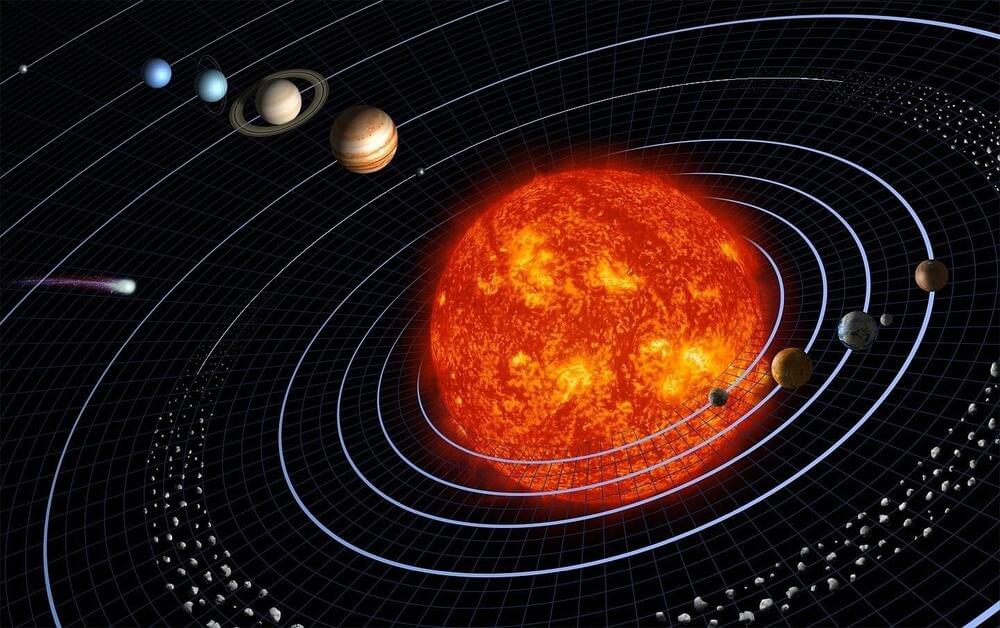
Exploring an alternate solar system: Research maps impact of ‘super-Earth’
Emily Simpson has loved space since she was a 10-year-old kid celebrating her birthday at a planetarium. Now a recent Florida Tech graduate, she leaves with not only a dual degree in planetary science and astronomy and astrophysics but with published research, too. She mapped our solar system’s “alternate fate” had it housed an extra planet between Mars and Jupiter instead of the existing asteroid belt.
Simpson’s paper, “How might a planet between Mars and Jupiter influence the inner solar system? Effects on orbital motion, obliquity, and eccentricity,” was published in Icarus, a journal devoted to the publication of research around solar system studies. It was co-authored by her advisor, assistant professor of planetary science Howard Chen.
They developed a 3D model that simulates how the solar system’s orbital architecture may have evolved differently with the formation of a planet that is at least twice the size of Earth’s mass—a super-Earth—instead of an asteroid belt.
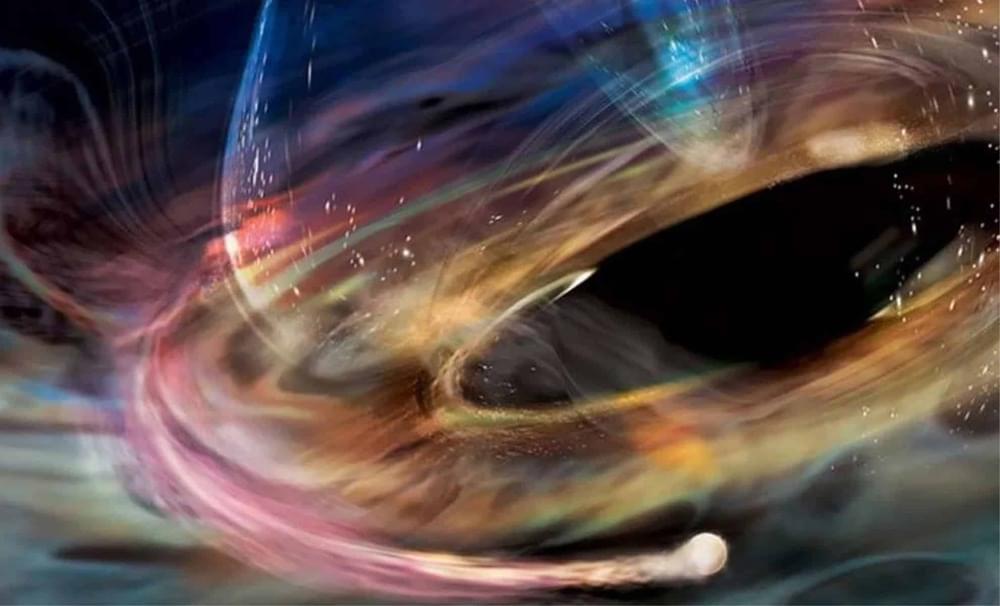
Black Hole Plasma Jets Seen Traveling at Record Speeds Leave Astronomers Stunned
A supermassive black hole in a distant galaxy is rewriting the rules of astrophysics, with unprecedented activity that has left astronomers around the world both fascinated and perplexed. Plasma jets traveling at record-breaking speeds and rapid X-ray fluctuations near the event horizon are just some of the strange phenomena observed in real time. What secrets is this cosmic behemoth revealing, and how might it reshape our understanding of black holes?
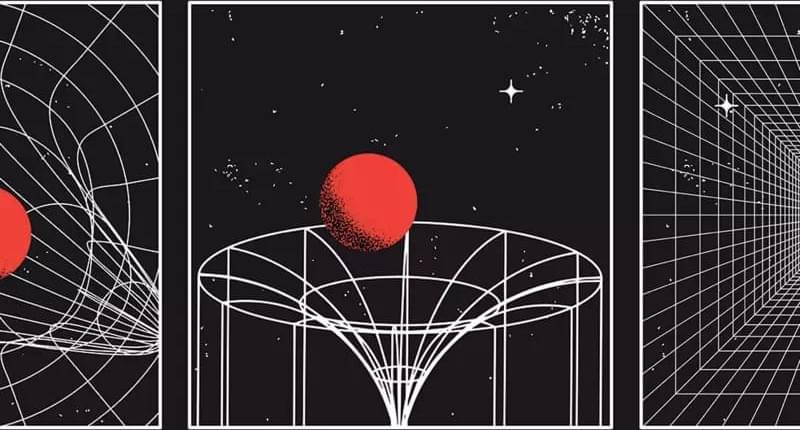
Reality goes beyond physics
Of all the sciences, physics has been seen as the key to understanding everything. As Feynman said, “physics is the fundamental science.” But in this article, one of the world’s leading physicists, George F. R. Ellis, who collaborated with Stephen Hawking in work on spacetime’s geometry, argues that much of reality extends far beyond physics. Both complex objects like biological organisms and abstract entities like the rules of chess influence the world in ways that cannot be predicted by studying their simple physical constituents. Science, Ellis insists, is far richer than any single framework can ever capture.
1. Abstract Causation
Sign up to get exclusive access.

A Minecraft-based benchmark to train and test multi-modal multi-agent systems
Multiterminal Josephson junctions, nanoscale devices with unique electronic properties, comprise non-superconducting metallic material coupled to three or more superconducting leads. These devices have proved to be promising platforms for the exploration of topological phenomena in condensed matter physics.
Researchers at Northwestern University and Aalto University recently proposed a new approach to studying the topological signatures of multiterminal Josephson junctions, which relies on the collection of resistance measurements.
Using their approach, outlined in a paper published in Physical Review Letters, they were able to observe these signatures, while also unveiling resistance patterns that are far richer than those predicted by physics theories.
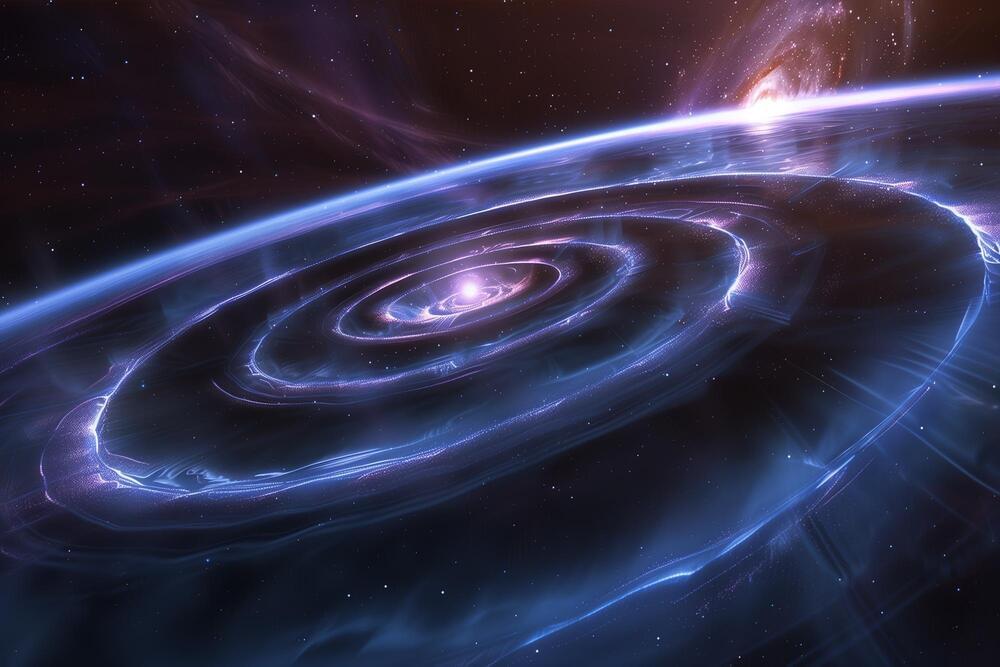
Galactic Gravity’s Secret Role in Black Hole Collisions
Galactic gravity can dramatically impact wide binary stars, pushing them towards unexpected mergers or collisions.
The detection of gravitational waves.
Gravitational waves are distortions or ripples in the fabric of space and time. They were first detected in 2015 by the Advanced LIGO detectors and are produced by catastrophic events such as colliding black holes, supernovae, or merging neutron stars.
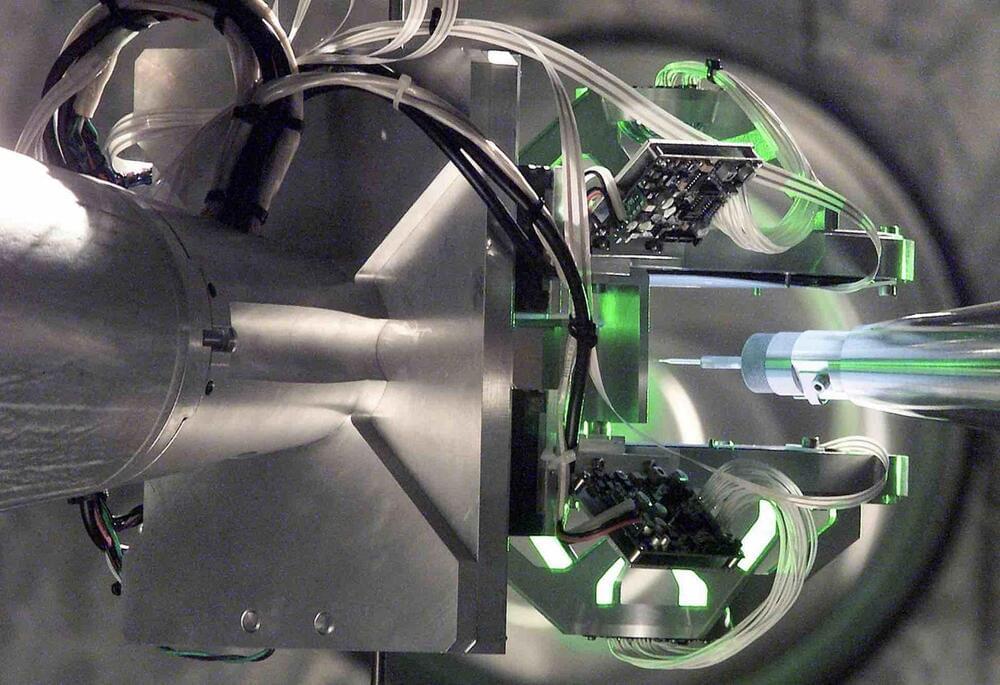
Researchers Unlock Fusion Mysteries with Novel Plasma Modeling, Propelling Nuclear Fusion Closer to Reality
Chinese researchers say that recent advancements in the burgeoning field of inertial confinement fusion are bringing us one step closer to making accessible nuclear fusion a reality.
The new findings, which incorporate innovative new modeling approaches, could open new avenues for the exploration of the mysteries surrounding high-energy-density physics, and could potentially offer a window toward understanding the physics of the early universe.
Harnessing controlled nuclear fusion as a potential source of clean energy has seen several significant advancements in recent years, and the recent research by a Chinese team, funded by the Strategic Priority Research Program of Chinese Academy of Sciences and published in Science Bulletin last month, signals the next wave of insights with what the team calls a “surprising observation” involving supra-thermal ions during observations of fusion burning plasmas at National Ignition Facility (NIF) at Lawrence Livermore National Laboratory in California.